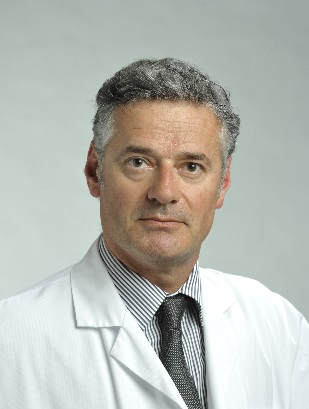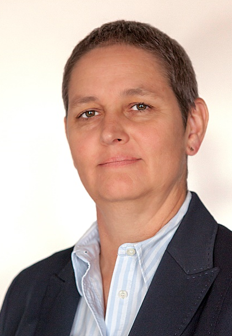Prenatal Medicine
Research group leaders

- Name / Titel
- Prof. Dr. med. Daniel Surbek
- daniel.surbek@insel.ch
- Phone
- +41 31 632 11 03

- Name / Titel
- Prof. Dr. Andreina Schoeberlein
- andreina.schoeberlein@unibe.ch
- Phone
- +41 31 632 85 17
Staff
Research focuses
- Perinatal brain damage
- Neuroregeneration
- Stem cell therapy
- Placenta- and umnbilical cord-derived stromal cells
- Extracellular vesicles (EV)
- Non-coding RNA & epigenetics
Methods
- Animal model
- Human mesenchymal stromal cells
- Cell transplantation
- Neural differentiation
- Immunohistochemistry
Short description
Preterm delivery is a major cause of severe neonatal morbidity and mortality: about 1% of newborns are affected by neurological injuries leading to significant learning disabilities, cerebral palsy or mental retardation. Brain lesions observed in newborns later developing cerebral are mainly caused by ischemia due to maturation-dependent reduced cerebral blood flow and maternal/fetal infection and inflammation which are usually present in early preterm delivery. The damage is characterized by the degeneration of the white and grey matter, mostly due to the loss of oligodendrocyte progenitor cells (OPC), followed by myelination disturbances and axonal degeneration. While several potential neuroprotective measures have shown little success in vivo, studies in animal models have suggested that transplantation of stem cells could lead to the regeneration and/or repair of injured neural tissues. Mesenchymal stromal cells (MSC) are multipotent cells able to differentiate into mesodermal and neuroectodermal lineages following appropriate stimulation. We isolate MSC from placenta and the Wharton’s jelly of umbilical cords, both ethically acceptable and easily accessible sources of tissue. They may serve as an autologous cell graft for pre- and perinatal neuroregeneration, bypassing immunologic rejection. The cell transplantation as a potential therapy is tested in an animal model of perinatal brain injury.
Extracellular vesicles (EV) are small vesicles secreted by the cells and contain proteins, lipids, and nucleic acids (e.g. microRNA), which they transfer from cell to cell. The administration of EV derived from mesenchymal stromal cells was shown to promote neuroregeneration in a variety of disease models. Their cargo, specifically non-coding RNAs (ncRNAs), have gained increasing interest for their regulatory functions in brain development and neurological disorders. Our aim is to characterize the cargo of umbilical cord MSC (WJ-MSC)-derived EV with a focus on microRNAs and to assess the effect of the WJ-MSC EV in in vitro and in vivo models of neonatal brain injury.
